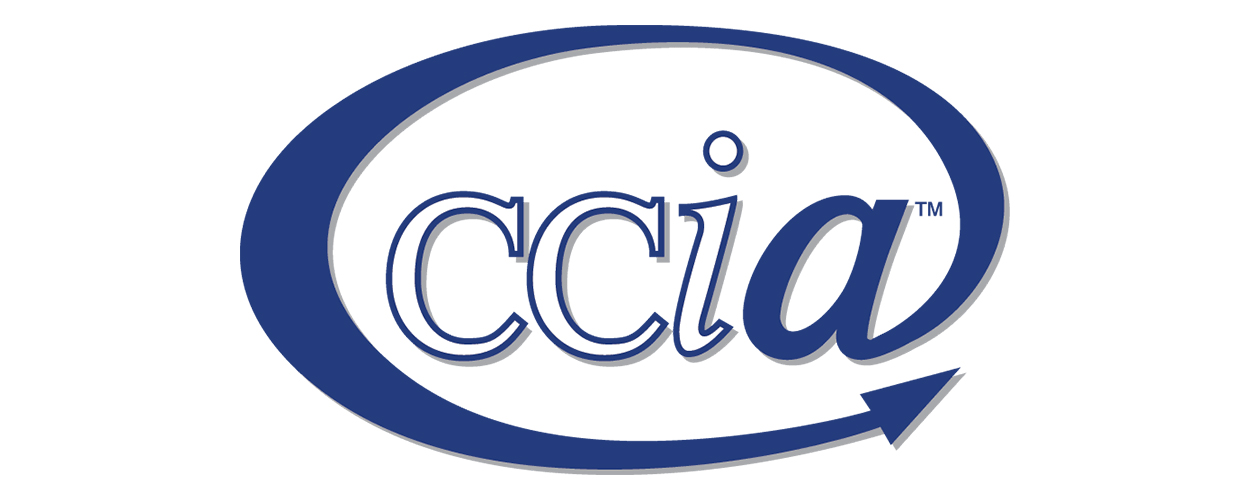This website uses cookies so that we can provide you with the best user experience possible. Cookie information is stored in your browser and performs functions such as recognising you when you return to our website and helping our team to understand which sections of the website you find most interesting and useful.
Business News Labels & Publishers Legal
American tech sector lays into article thirteen in US/EU trade talks submission
By Chris Cooke | Published on Friday 14 December 2018

Yet more safe harbour reform? Fuck yeah, why the hell not? Because even if the music industry gets something like the reform of the copyright safe harbour that it wants in Europe – increasingly the liabilities of user-upload platforms like YouTube – what about the rest of the world? What about the biggest market for recorded music overall, the good old USA?
Global trade groups like IFPI have already been lobbying on safe harbour reforms across the world. Meanwhile the American music business got very vocal about the value gap and bloody YouTube when the US Copyright Office undertook a review of the safe harbour contained in the Digital Millennium Copyright Act back in 2016. But that review is yet to report, and most safe harbour chatter of late has focused on the European Copyright Directive.
However, if the final version of article thirteen in that directive seems like a workable solution to the so called value gap, the music industry’s lobbyists will quickly start calling for similar measures to be implemented into copyright systems elsewhere in the world.
Indeed, Jean-Michel Jarre, in his guise as President of CISAC – which brings together the world’s song right collecting societies – has already made that call. He recently stated that: “Europe has now recognised that it is time for change: it is not acceptable for the law to shield large tech monopolies and sustain a systemic injustice for creators. There is now a message to get to the rest of the world: it is time for other governments to sit up and follow”.
But, of course, any moves for safe harbour reform beyond the EU will be met with heavy resistance from the tech sector. Indeed, if you think Google and YouTube have gone OTT in their lobbying against article thirteen in Brussels and Strasbourg, imagine what it will be like when they are on home-turf campaigning against any reforms in Washington.
As an indicator of the strong arguments they will make, a recent document from America’s Computer & Communications Industry Association makes for interesting reading. The tech sector trade group was responding to a call for submissions by the US Trade Representative on the latest round of talks about a possible trade agreement between the US and the EU.
The CCIA’s submission mainly focuses on proposals in the European Copyright Directive, and is scathing about the more controversial elements of those copyright reforms, and the impact they might have on the tech sector in general, and US tech giants in particular. Its scathing conclusions also frequently talk about the potential impact of the reforms on all online services, even where a reform targets a specific kind of internet business, such as article thirteen, which is chiefly concerned with user-upload platforms.
On article thirteen, the CIAA states: “The proposed copyright directive disrupts settled law protecting [internet] intermediaries by weakening established protections … and by imposing an unworkable filtering mandate on hosting providers that would require automated ‘notice-and-stay-down’ for a wide variety of copyrighted works. If adopted, the directive would dramatically weaken these long-standing liability protections which suggests that most modern service providers may be ineligible for its protections”.
It goes on: “The decision to compel affirmative filtering of all internet content, including audio-visual works, images, and text, based on that content’s copyright status, is alarming and profoundly misguided. Moreover, the directive provides no specifics for what filtering mechanisms a hosting provider must implement, effectively empowering European rightsholders to dictate US services’ technology in potentially inconsistent ways across Europe. Until the [EU courts] eventually addresses the question, affected hosting providers can expect inconsistent rulings and injunctions from lower courts in different countries”.
“If the final EU reform does include these provisions”, it then states, “there would likely be a corresponding increase in risk for US platforms doing business in the EU, resulting in significant economic consequences for the US digital economy, which depends on the EU market. Furthermore, there is likely to be a ripple effect on the rest of the world, given the EU’s international influence. By effectively revoking long-established protections upon which US services relied when entering European markets, the new directive would limit US companies’ investments for the benefit of EU rightsholders, establishing a market access barrier for many US services and start-ups”.
Commenting on his organisation’s submission to the US Trade Representative, the CEO of CCIA, Ed Black, said earlier this week: “Europe has unfortunately used its originally well-intentioned Digital Single Market proposal to develop regulations covering tech companies in ways that will harm US internet services and also suppress their own internet sector in the future. USTR needs to be aware of the scope of protectionist measures Europe has approved, or is considering, and take steps to prevent and remedy these threats to the US tech sector. This should be a priority of US/EU trade talks”.
Although the CCIA document is designed to inform any intellectual property conversations that may occur in any future trade talks between the US and the EU, the blunt language is a sign of what will be said if and when it looks like safe harbour reform has any chances of being on the legislative agenda in Washington. You can read the full submission here.





